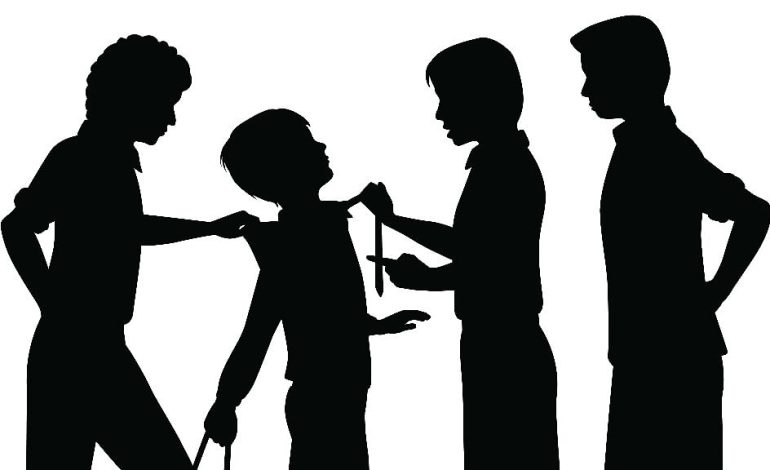8 tell-tale signs your child is being abused

When you spend most of the day away from your child, it may be hard to know when your child is being abused unless you are very keen. Even then, you need to know what to look out for.
Here are some of the signs that could indicate abuse in a child.
Inexplicable injuries
It can be hard to identify physical abuse because kids play and engage in many activities that can easily injure them. Look out for bruises, lacerations, broken bones or burns. These may appear in different stages of healing and they could be anywhere on the body.
Sometimes, your child may hide the bruises by wearing long-sleeved shirts even on hot days, and they can flinch when touched suddenly. The child may also not be able to explain how they got their injuries.
Withdrawal from social interaction
If your child enjoys going to school and then all of a sudden they develop a dislike, you may want to pay closer attention. Moreover, children who experience abuse and aggression are more likely to act aggressively towards others. They may develop anxiety, aggressive behavior, post-traumatic stress and more.
Changes in appetite and sleeping patterns
It could be eating more or less than usual or refusing to eat certain foods at all times. Changes in appetite could sometimes be a sign of emotional distress in the child and may mean something is going on in their life that is causing them pain. Your child’s appetite could either increase or reduce and they might have trouble sleeping or sleep too much due to the fear and stress from abuse.
Poor self-esteem
An abused child may feel guilty or responsible for the abuse and may feel unworthy of love and attention from others. Moreover, abused children may feel like they deserve poor treatment and thus readily accept blame.
Regression
Regression can be simply explained as when a child reverts to behaviours that they had already outgrown. For instance, a child who previously was potty-trained may start having accidents. A child who no longer sucks a thumb, uses a pacifier or carries around a blanket may suddenly revert to these behaviors.
Aggression toward others
An abused child may exhibit difficulty getting along with others or use aggressive acts such as biting, hitting or kicking other children and adults. It’s normal for kids to become angry at times, but when it is more frequent than usual there might be something else going on.
The child may self-harm
Self-harm is when a person hurts themselves as a way of trying to deal with painful memories, difficult situations and even overwhelming experiences and situations. Self-harming behaviours, such as cutting themselves with a knife or razor blade, burning themselves, hitting their body with an object, or pulling their hair out in clumps may be a sign that they are being abused, or have been.
Abandoning hobbies without explanation
The child may suddenly abandon their hobby. For instance, if the child liked drawing and colouring, they may suddenly stop doing it. T
Remember…
Stopping child abuse starts with you. When and if you see such signs in a child, it is up to you to make it right.




